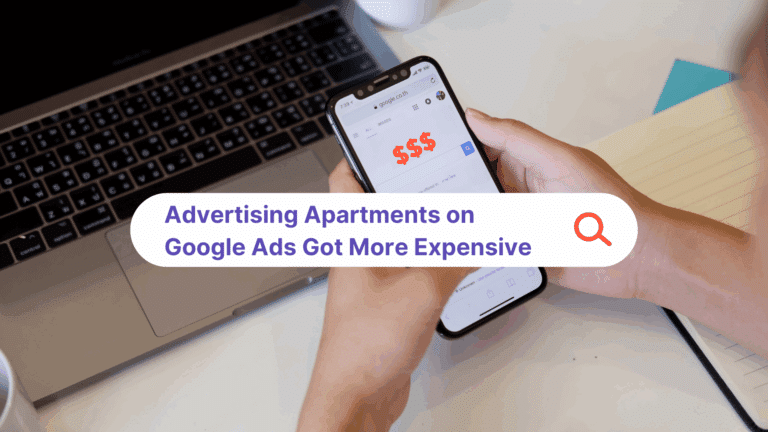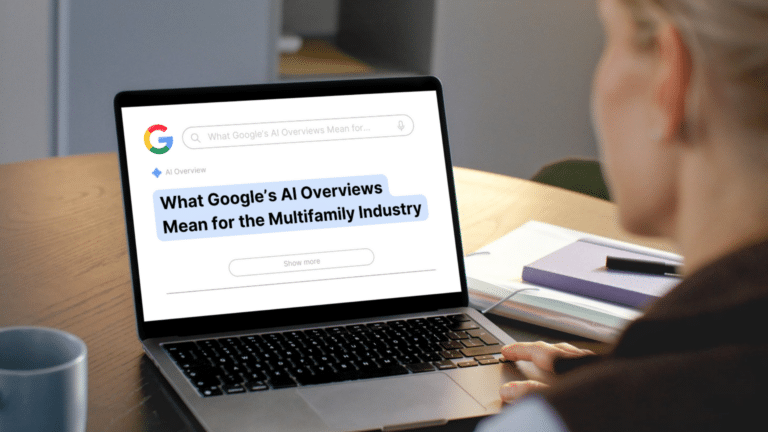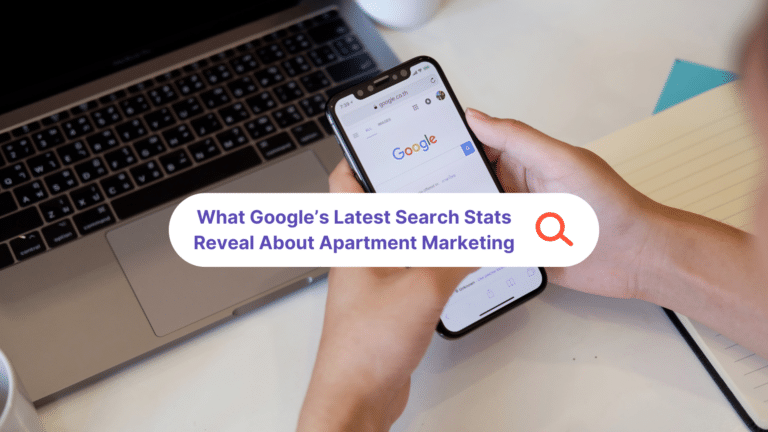
Building a great Paid Search campaign takes time. The longer you run a campaign, and the more insights you gather from that campaign, the better off you’ll be when it comes to driving paid leads to your website.
Unfortunately, when budgets are tight or vacancy rates are low, many apartment communities question whether or not they should continue running Paid Search campaigns through platforms like Google AdWords. This makes sense on the surface, as many people would question spending money on marketing initiatives when they have limited funds or low vacancy. But when we look at the bigger picture, it becomes quite clear that running steady AdWords campaigns is superior to running AdWords on a need-be basis.
Understanding Basic AdWords Concepts
Everyone who is familiar with Google AdWords knows that the platform comes equipped with a pause function. When this function is activated, AdWords users can effectively stop running ads, keywords, and even entire campaigns without losing any data or ad content. To resume a campaign, and restore all of the ads you previously created, all you have to do is select Enable under the Edit drop-down menu above your campaigns.
This pause capability is undoubtedly useful if your budget is tight, as it allows you to postpone marketing initiatives until you have the proper funds. But if you’ve already set aside a monthly Paid Search marketing budget in the beginning of the year, and your margins allow you to run AdWords campaigns even when your community is near full occupancy, pausing campaigns is not the best long term strategy.
As every AdWords expert will tell you, the success of any particular ad can mostly be attributed to Ad Rank, which basically determines where a given ad will appear in the Search Engine Results Pages. Ad Rank is calculated by two main factors. The first of these factors, Maximum Bid, is a monetary amount that is set by AdWords users, and is based on how much they’re willing to pay for a click for a particular query. The second factor, Quality Score, follows a 1-10 scale that is set by Google, and is based on how well Google’s algorithm believes the ad will perform.
The Relationship Between Paused Campaigns and Quality Score
Although Google does not officially penalize paused campaigns by assigning a lower Quality Score to ads within those campaigns, Quality Scores will nonetheless be negatively affected when a campaign is paused. This is because earning a high Quality Score is mostly about constantly testing, monitoring, and refining your ads. And when you pause your campaigns, you no longer have the data you need to test and improve your ads.
The relationship between paused campaigns and Quality Score can best be summarized through analogy. For instance, let’s pretend that your AdWords campaign is a track athlete who consistently reaches the finish line two seconds ahead of his competitors, and who wins multiple gold medals as a result. Because of his success, the athlete decides to take a six month long hiatus from running. Meanwhile, his competitors continue to train. What happens when the star athlete takes to the track six months later? More than likely, the competitors who were only seconds behind him initially, and who continued to train while he took a break, will beat him to the finish line.
The Takeaway
If there’s anything that years of experience in apartment Pay-Per-Click management services has taught us, it’s that resting on your laurels is never a good idea. So next time you’re questioning whether or not you should continue running your Paid Search campaigns, take a look at the bigger picture. If you project you’ll need to reactivate Paid Search a few months down the line, and you have the funds, using the downtime to refine and improve your ads is the winning strategy. And if your funds are limited, you can always dial back your Maximum Bids, which allows you to spend little to no money while simultaneously improving your Quality Scores.
Now that’s a win-win.






